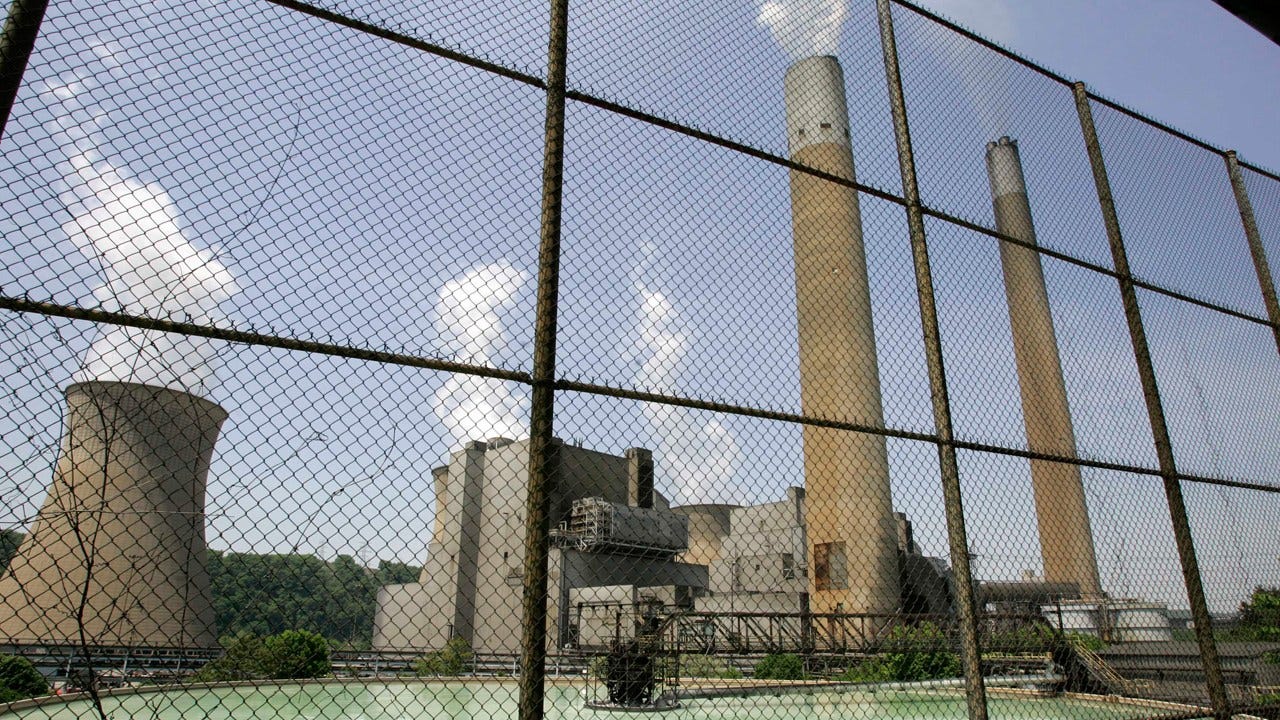Two Ohio Coal-Burning Power Plants Bite The Dust
<p>Electricity company Dayton Power & Light said on Monday it would shut down two coal-fired power plants in southern Ohio next year for economic reasons, a setback for the ailing coal industry but a victory for environmental activists.</p>Tuesday, March 21st 2017, 4:52 am
Electricity company Dayton Power & Light said on Monday it would shut down two coal-fired power plants in southern Ohio next year for economic reasons, a setback for the ailing coal industry but a victory for environmental activists.
Republican President Donald Trump promised in his election campaign to restore U.S. coal jobs that he said had been destroyed by environmental regulations put into effect by his Democratic predecessor, Barack Obama.
Dayton Power & Light, a subsidiary of AES Corp. (AES), said in an emailed statement that it planned to close the J.M. Stuart and Killen plants by June 2018 because they would not be “economically viable beyond mid-2018.”
Coal demand has flagged in recent years due to competition from cheap and plentiful natural gas.
The plants along the Ohio River in Adams County employ some 490 people and generate about 3,000 megawatts of power from coal.
The closure follows negotiations between Dayton Power & Light, the Public Utilities Commission of Ohio and stakeholders like the environmental group the Sierra Club over whether the company should be allowed to raise electricity prices to pay for upgrades to keep the plants open.
“They are by far our largest employer and it will absolutely be devastating to our community here in Ohio,” Michael Pell, president of First State Bank in Winchester, Ohio, said in a phone interview. Pell, one of several local community leaders who have lobbied to keep the plants going, has become a spokesman for Adams County on the issue.
He said as the industry moves away from coal, state and federal authorities should help the county create other jobs and clean up environmental damage from the plants.
The Sierra Club, which has been advocating coal plant closures for years to help combat pollution, argued that they were a bad investment. The group’s “Beyond Coal” campaign director, Bruce Nilles, said the planned closures would bring the total number of U.S. coal plants due to be retired to 250.
“This milestone is a testament to the commitment Americans have to cleaner air and water -- and the power of grassroots action to create healthier communities,” Nilles said in an email.
The plants sit at the heart of a region Trump vowed to revitalize with more jobs and greater economic security during his 2016 campaign. As part of his pledge to reinvigorate the area, Trump also said he would “bring back coal.”
A White House spokeswoman did not immediately respond to a request for comment.
Dan Sawmiller, the Sierra Club’s “Beyond Coal” representative involved in the negotiations on the plants, said in a phone interview he would stay in contact with local authorities to try to minimize the impact on jobs in the area.
“We like to see the pollution coming offline,” he said, “but we really are keenly focused on the impact to the community.”
Cheap natural gas from record shale production over the past several years has kept power prices low, making it uneconomical for generators to upgrade older coal plants to meet increasingly strict environmental rules.
U.S. power companies retired or converted over 14,000 MW of coal-fired plants in 2016 after shutting a record of over 17,000 MW in 2015, according to Thomson Reuters data.
In 2015, coal used to produce electricity fell to its lowest level since 1984, Federal Energy Regulatory Commission data showed. That year, coal-fired generators produced 33 percent of the nation’s total generation, down from over 50 percent in 2003.
More Like This
March 21st, 2017
April 8th, 2025
April 7th, 2025
Top Headlines
April 10th, 2025
April 10th, 2025









